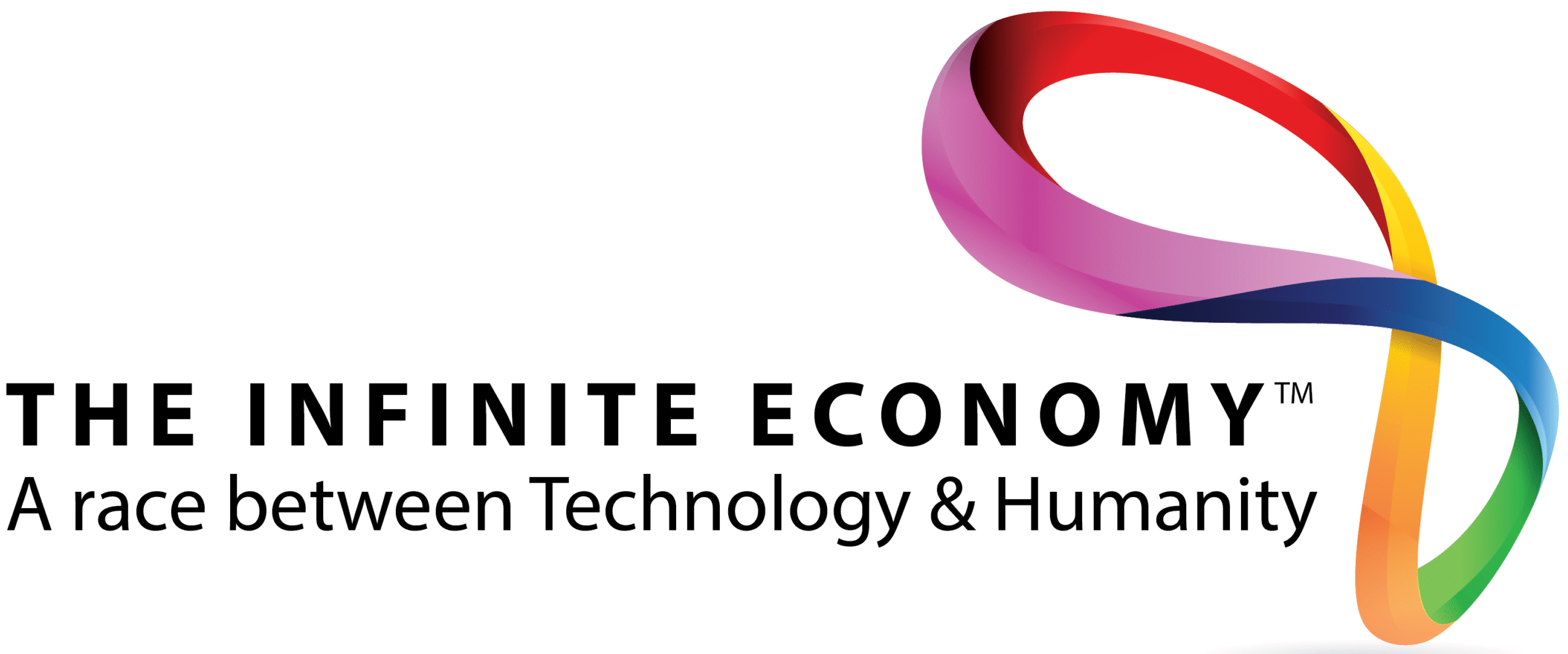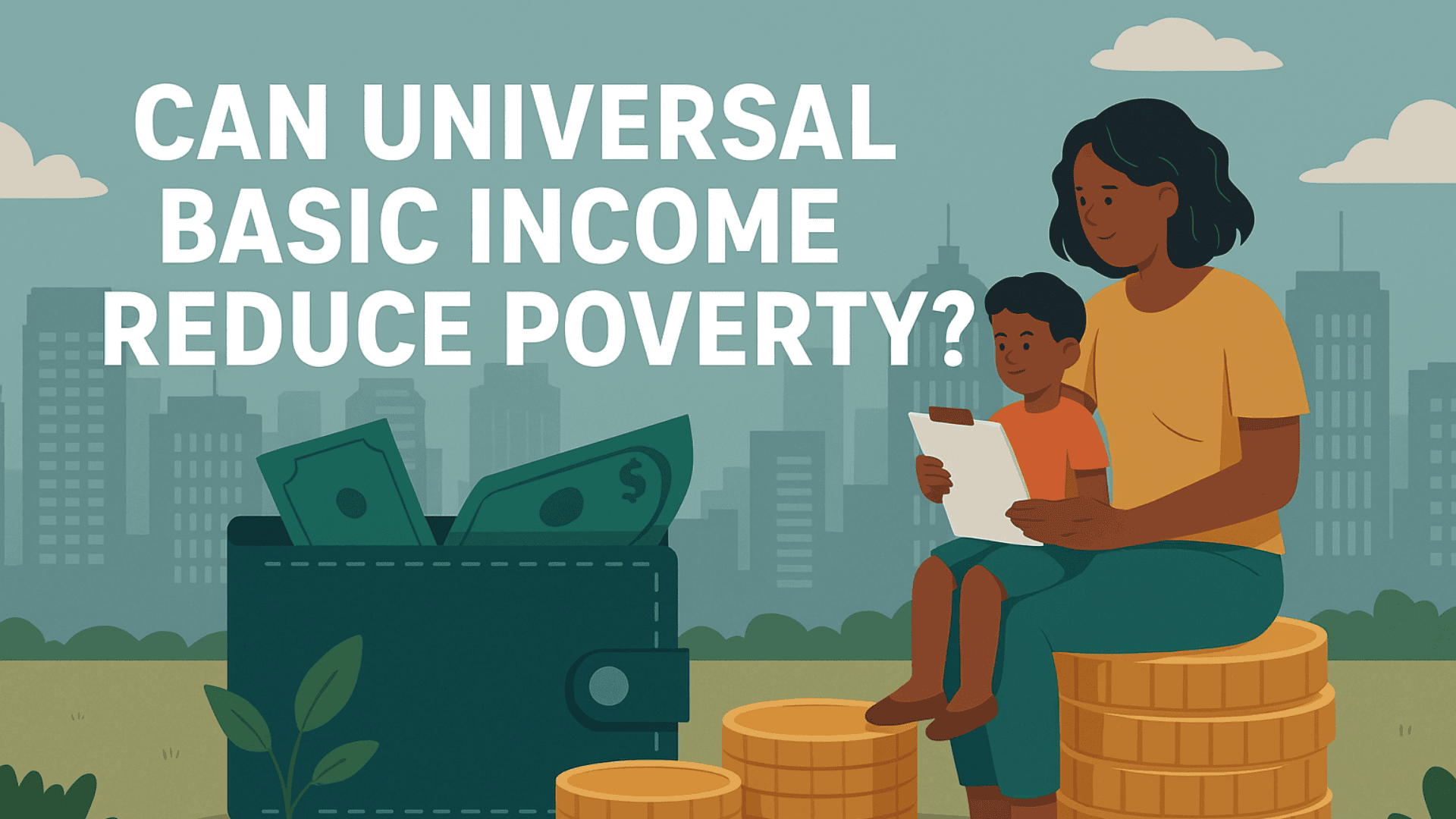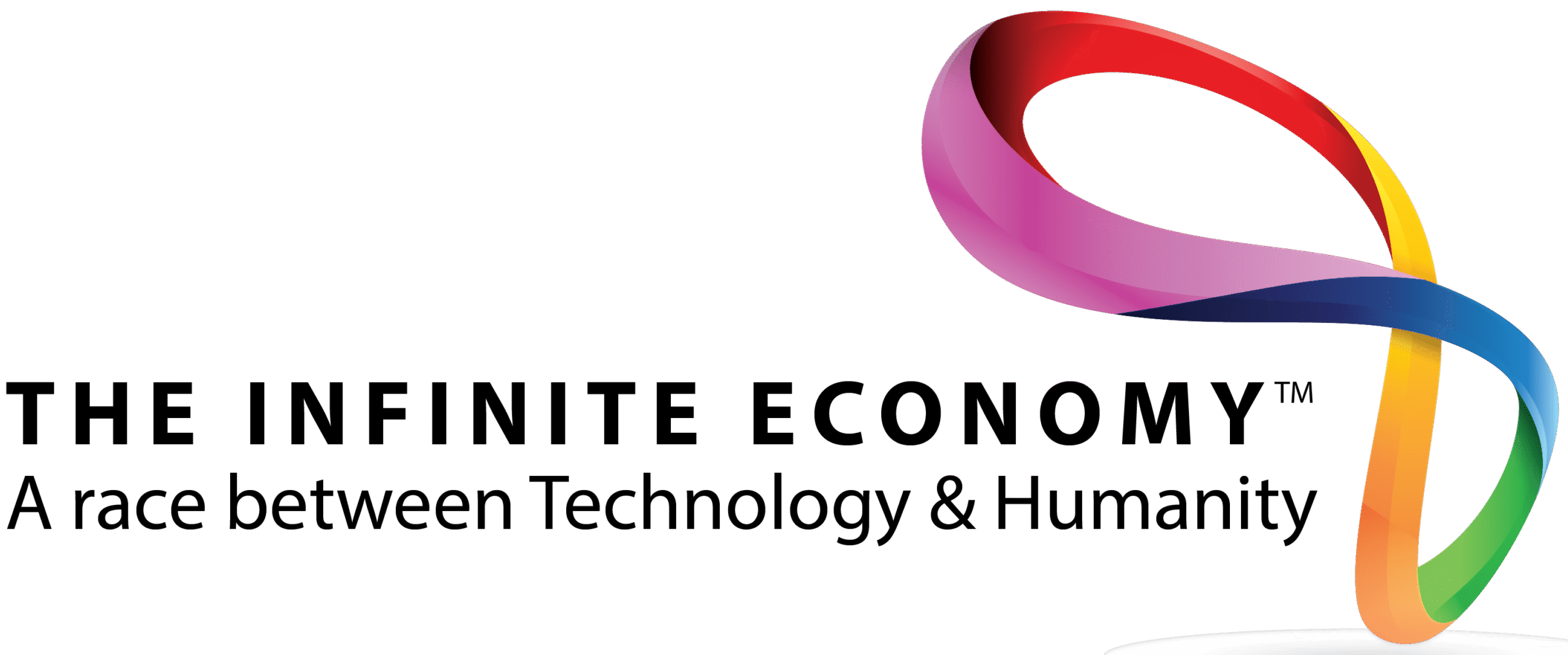A Radical Idea Gaining Ground
As technology makes more jobs obsolete, one radical idea has re-entered mainstream discourse: Universal Basic Income (UBI) — a guaranteed, unconditional cash payment to every citizen, regardless of their employment status.
Critics call it utopian. Advocates say it’s inevitable. But in a world where machines can replace 10,000 workers with a single algorithm, the old model of “earn to eat” is being fundamentally questioned.
The Case for UBI in the Age of Automation
The idea is simple: give people money, with no strings attached. Let them use it for rent, food, education, or to start a business. UBI isn’t about rewarding laziness; it’s about acknowledging that modern economies don’t require every person to work full time to function.
We no longer live in an industrial economy. Robots don’t get tired. Algorithms don’t ask for vacations. If productivity can grow without increasing jobs, then shouldn’t prosperity be shared?
The Evidence: Experiments Around the World
Finland tested UBI with 2,000 unemployed citizens and saw improvements in mental health, stress, and job-seeking motivation. In Kenya, a non-profit’s long-term UBI project led to better outcomes in education and entrepreneurship.
Critics argue that UBI disincentivizes work. But most real-world trials show the opposite — people use the financial cushion to take risks, study, or care for their families.
Funding UBI: The Elephant in the Room
The real question is: who pays for it? Some propose taxing tech companies that profit from automation. Others suggest using sovereign wealth funds, carbon taxes, or even a public AI dividend.
But perhaps the deeper question is philosophical: If the machines are doing the work, why are we still forcing humans to compete to survive?






